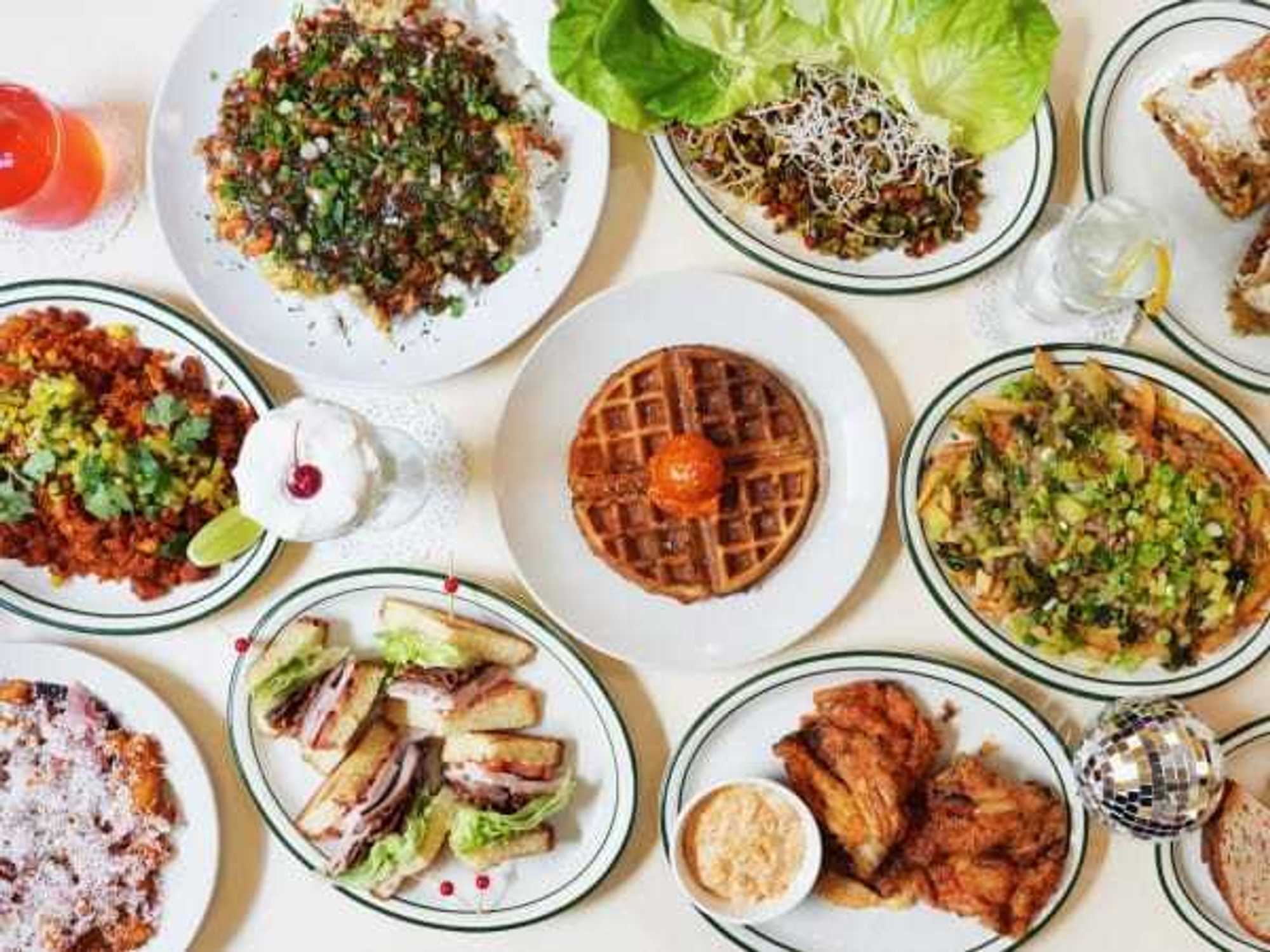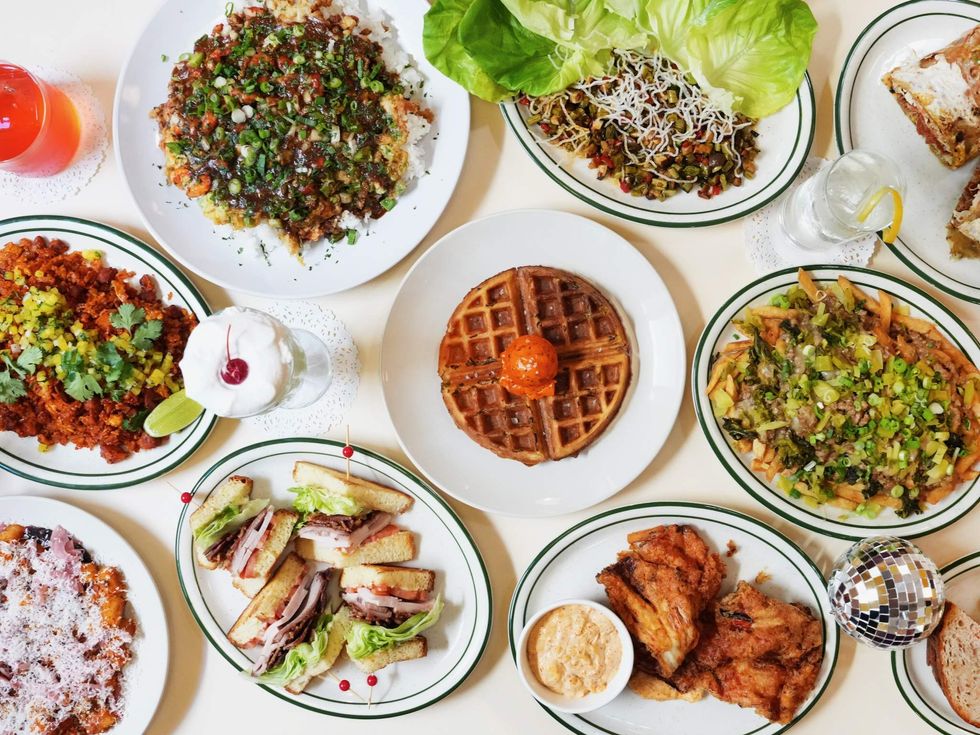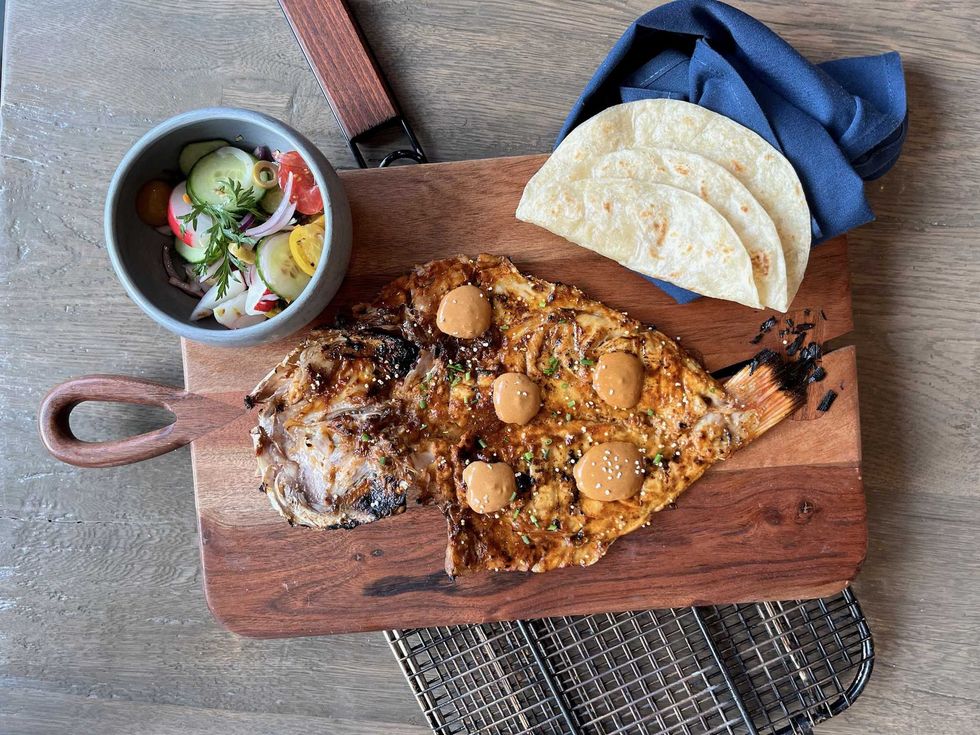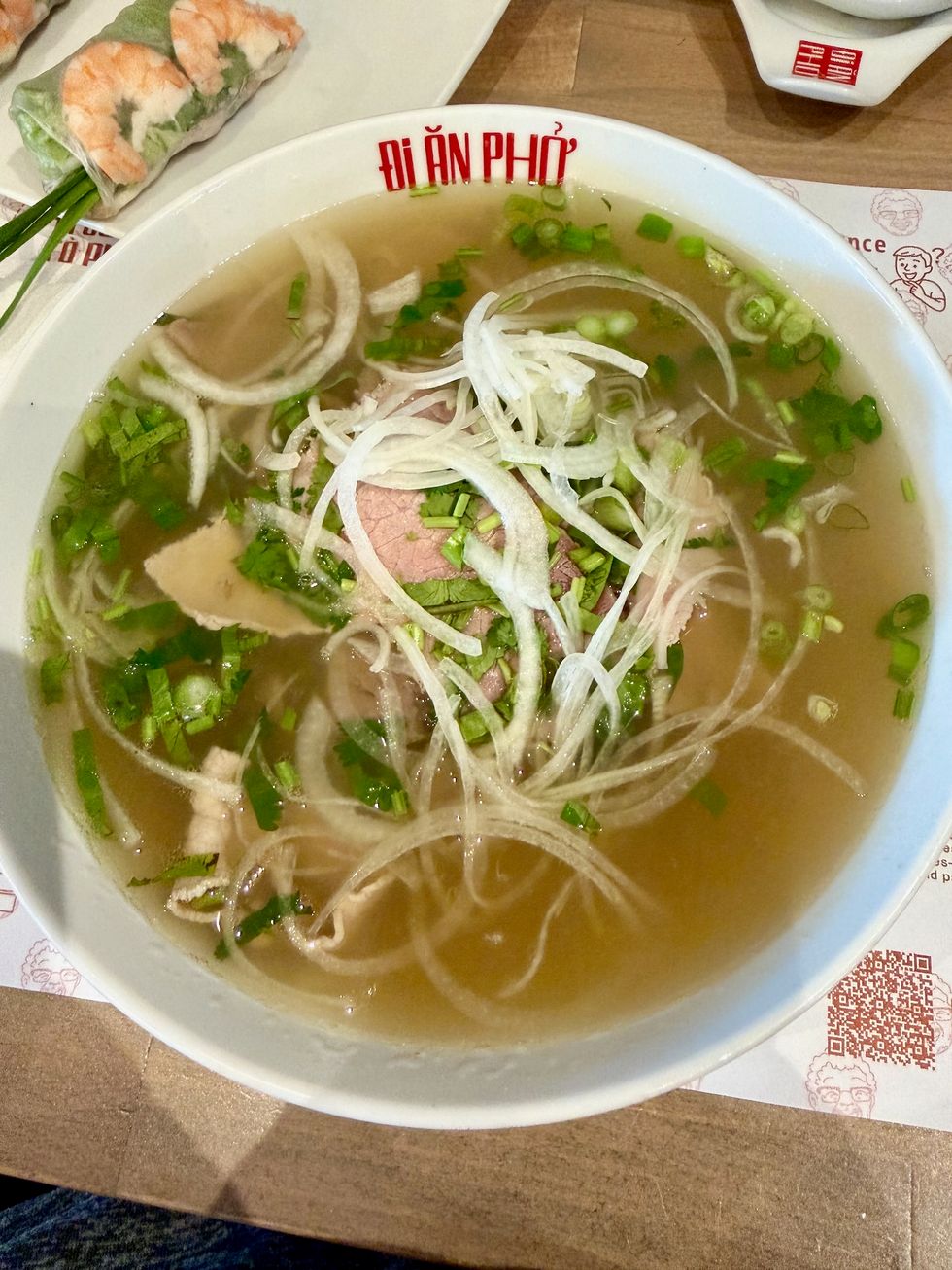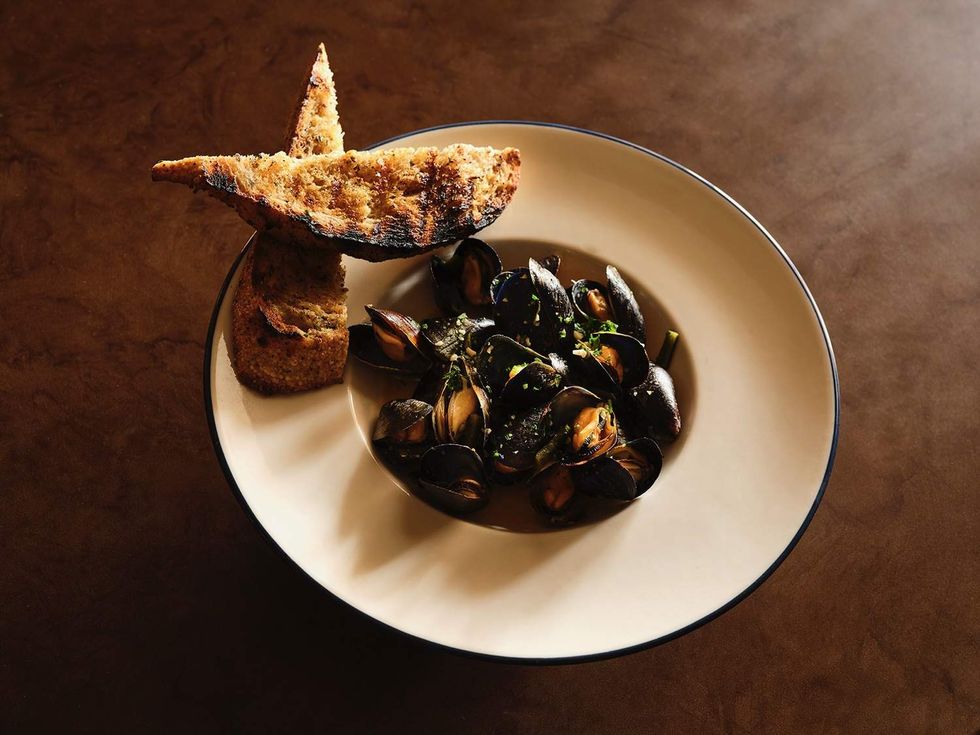little store, big help
New Second Ward grocery store delivers fresh and healthy staples to food-insecure neighborhood
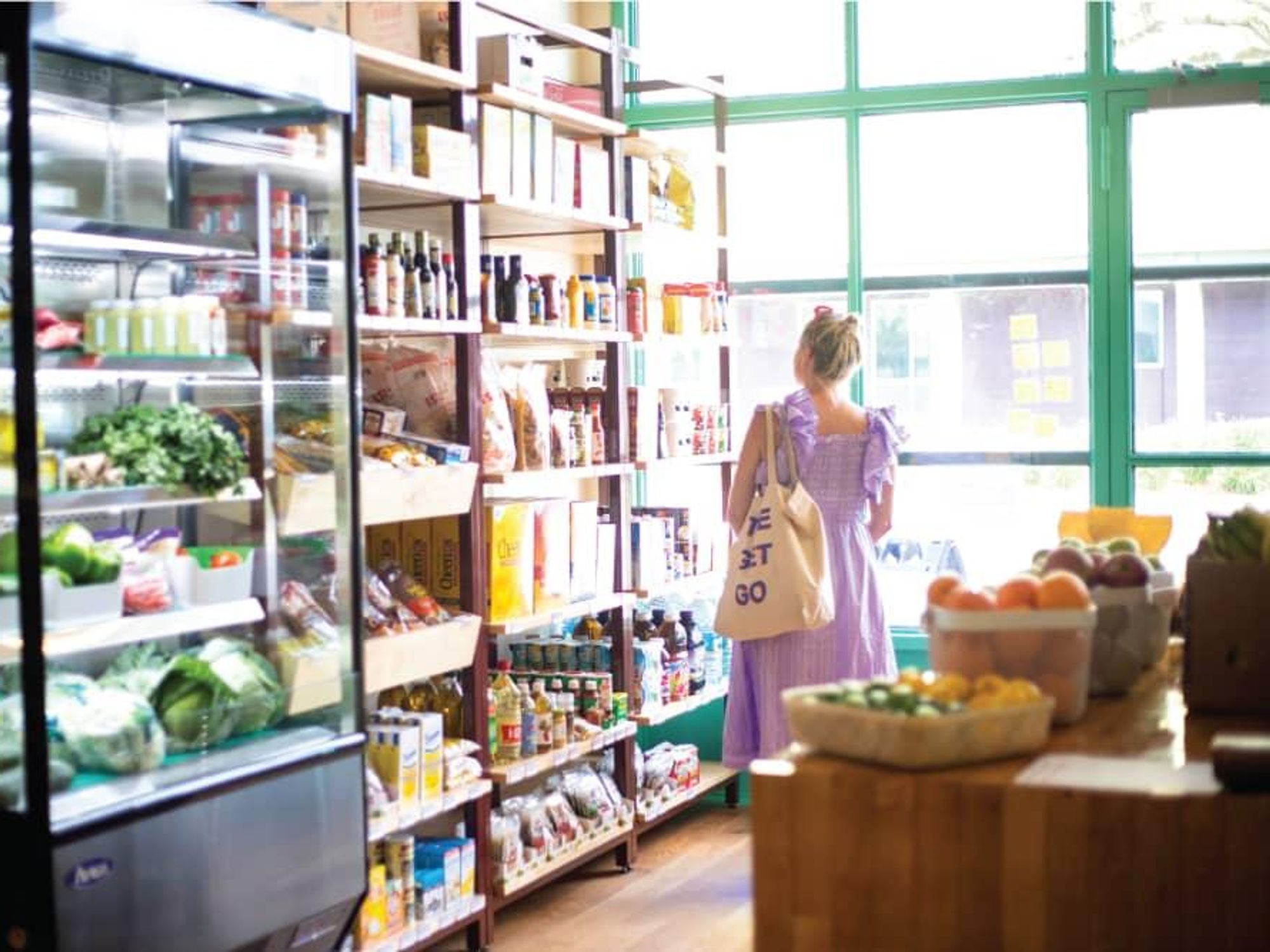
Food-obsessed Houstonians may be flocking to Cafe Louie in the Second Ward for pastries and sandwiches, but the new restaurant isn't the only new arrival make life better for area residents. Its adjacent grocery store is equally worthy of attention.
The Little Red Box Grocery aims to combat the neighborhood's status as a food desert — an area that's designed by the USDA as having less access to healthy food and more access to unhealthy food — with fresh ingredients, meal kits, and pantry staples. Shoppers will find everything from fresh produce and cereal to dairy items and more on its shelves. Recently, the store started accepting SNAP/EBT (food stamps), which is critical in a neighborhood with a median household income of under $31,000, according to a release.
Owner Samuel Newman brings expertise from time at H-E-B, where he studied SNAP/WIC households, as well as from local non-profit Brighter Bites. He sees the 800-square-foot store as a benefit to the neighborhood.
“We wanted to build a store for everyone,” Newman said in a statement. “A true gathering spot for Second Ward residents, and a counterpoint to current neighborhood grocery offerings that are either inconvenient and/or offer high cost/poor choice, specifically when it comes to fresh produce and pantry essentials.”
Both Harris County and the Reinvestment Fund, a national non-profit that describes itself as “a mission-driven financial institution committed to making communities work for all people,” have provided Little Red Box with Healthy Food Financing Initiative funding. In addition, the store is working with the American Heart Association and New Hope Housing to build awareness and improve its offerings.
“The American Heart Association is a relentless force for a world of longer, healthier lives,” American Heart Association Greater Houston Gulf Coast senior vice president Mel Edwards said. “We are honored to collaborate with Little Red Box for expansion of a healthier food system, and to see SNAP benefits accepted as part of their business model.”
